Her Private Affair (1929) Online
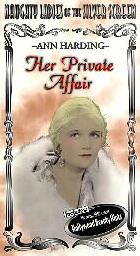
Her Private Affair is a 1929 drama film directed by Paul L. Stein and starring Ann Harding. It was produced and distributed by the Pathé Exchange company. It is a sound film using the RCA Photophone sound-on-film sound system.
| Cast overview: | |||
| Ann Harding | - | Vera Kessler | |
| Harry Bannister | - | Judge Richard Kessler | |
| John Loder | - | Carl Weild | |
| Kay Hammond | - | Julia Sturm | |
| Arthur Hoyt | - | Michael Sturm | |
| William Orlamond | - | Dr. Edmond Ziegler | |
| Lawford Davidson | - | Arnold Hartmann | |
| Betty Carter | - | Mrs. Ritter | |
| Frank Reicher | - | State's Attorney |
The earliest documented telecasts of this film occurred in Cincinnati Saturday 7 August 1948 on WLW (Channel 4), in Los Angeles Thursday 10 February 1949 on KFI (Channel 9) and in New York City Saturday 10 June 1950 on the Night Owl Theatre on WPIX (Channel 11).
This was Ann Harding's second film. In the movie, she is married to her real life husband, actor Harry Bannister. They were married in 1926 and later divorced in 1932. Bannister was 13 years older than Harding. Harding and Bannister also starred together in The Girl of the Golden West (1930). Before their movie careers, they were prominent actors in Pittsburgh theatre, appearing in productions with the Sharp Company and the Nixon Players. Harding also performed on Broadway, making her Broadway debut in 'Like A King' when she was only 19 years old.

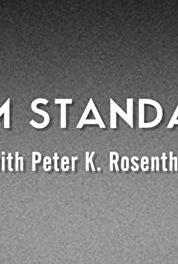
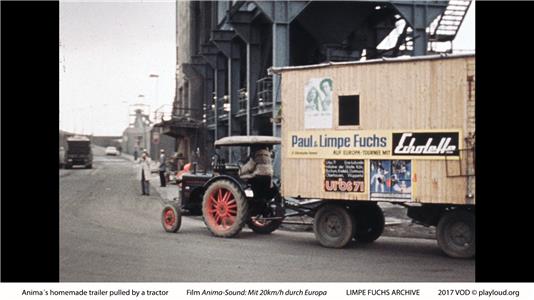
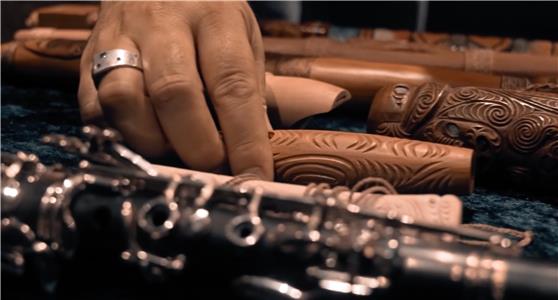
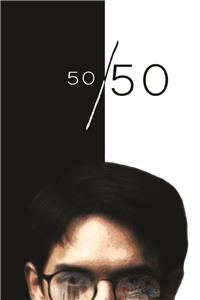
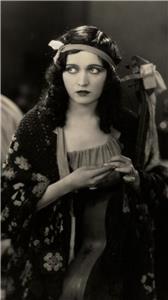
User reviews